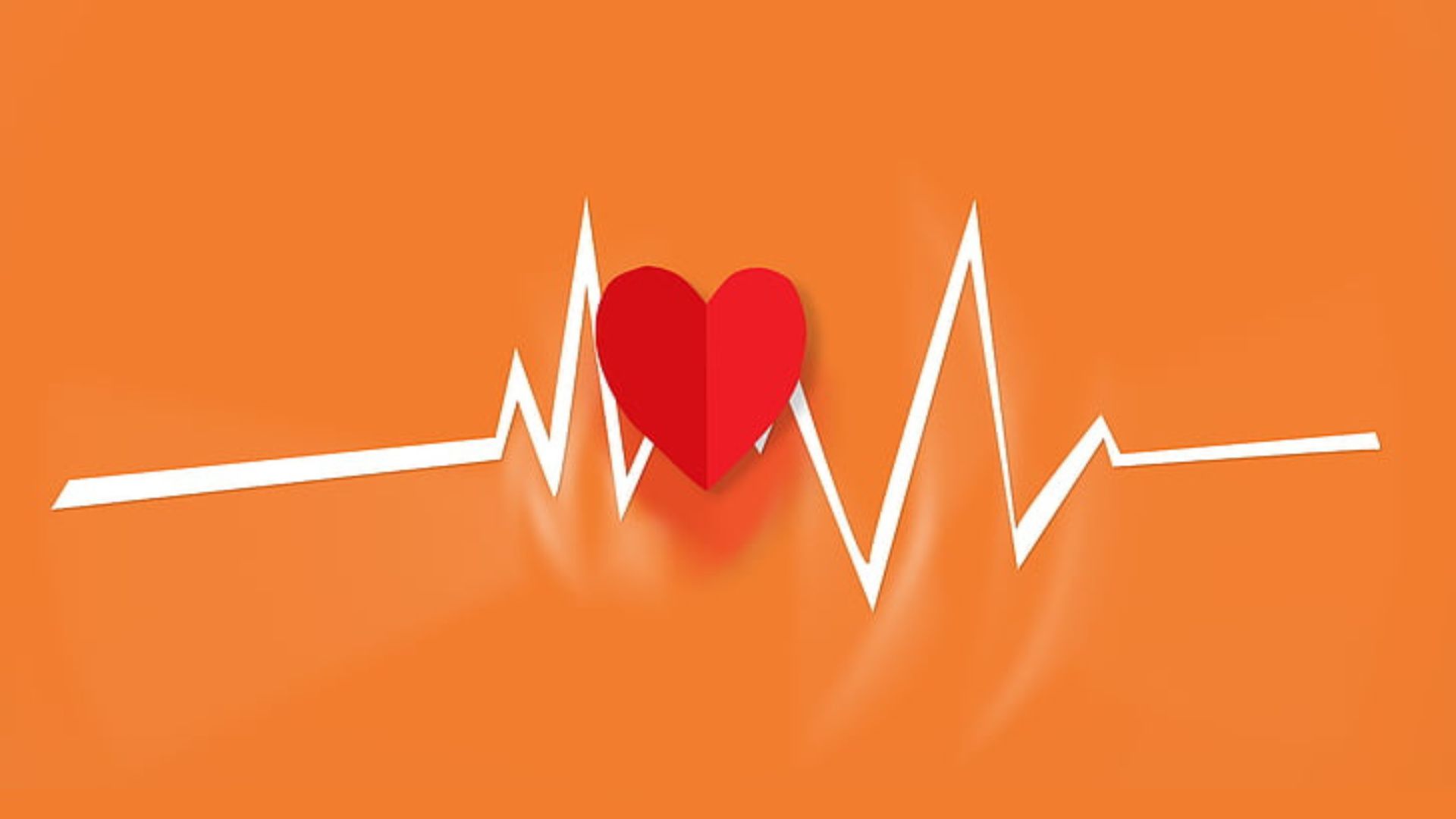The American Heart Association is raising red flags about a familiar green leaf: marijuana. As its use becomes more accepted across the nation, the health implications are just starting to come to light.
While many enjoy its effects without a second thought, recent research suggests that recreational activity might not be as harmless as once believed, especially when it comes to heart health.
Unpacking the Evidence

A new study from the Journal of the American Heart Association has thrown a spotlight on a concerning trend: cannabis users, regardless of their tobacco use, are facing higher risks for heart problems.
Dr. Abra Jeffers, the lead study author, warns that “smoking cannabis — the predominant method of use — may pose additional risks because particulate matter is inhaled.”
A Growing Trend

The shift in America’s marijuana landscape is staggering. Federal surveys in 2019 show a doubling in usage from 2002, with over 48 million individuals aged 12 and up admitting to trying it at least once.
This spike indicates a nationwide change in culture and acceptance. But with this growing embrace comes a shadow — the potential for increased health issues, particularly heart-related ones, which we cannot afford to ignore.
Understanding the Risk

Imagine facing a 25% higher chance of a heart attack simply because of a daily habit. That’s the reality for daily marijuana users, according to the same groundbreaking research.
And strokes? They’re not far behind, with a 42% increased risk (via AHA). These numbers are a wake-up call that recreational use comes with real, sometimes life-threatening, consequences.
It’s Not Just About Age

Contrary to popular belief, heart risks aren’t reserved for the older population. The study found men under 55 and women under 65 using marijuana have a significantly heightened risk of heart problems, even without the complications of tobacco use.
This cuts through the misconception that youth equals immunity, highlighting a silent threat lurking among younger demographics.
The Invisible Threat

It’s easy to dismiss cannabis smoke as less harmful than tobacco, but the truth tells a different story.
Dr. Jeffers points out that the risks of smoking cannabis are “significant … just like smoking tobacco.” This similarity underlines a major misconception in society’s collective mindset, showing that the danger is not just in the chemicals but in the act of smoking itself.
A Nationwide Concern

With 24 states and the District of Columbia legalizing recreational marijuana, the conversation around its safety is more relevant than ever (via Pew Research).
Legalization brings accessibility, but it also brings a responsibility to understand and communicate the potential health implications—something our current discourse lacks.
Breaking Down Misconceptions

Dr. Jeffers’ research is crucial in breaking down false beliefs surrounding marijuana.
She emphasizes that “the perceptions of the harmfulness of smoking cannabis are decreasing,” which is troubling given the growing evidence of its health risks.
A Call to Action for Health Professionals

Dr. Robert L. Page II sees these findings as a “call to action for all practitioners” (via AHA). Health professionals are on the front lines of this new reality and must adapt to include cannabis discussions in their routine assessments.
This proactive approach will help with education and prevention, allowing patients to make more informed decisions about their health.
Navigating a Shared Decision

The conversation between a patient and a health care provider is a powerful tool for change. Dr. Page advocates for a “nonjudgmental, shared decision conversation” about marijuana use, emphasizing the importance of open dialogue.
It’s about creating a space where risks can be discussed freely, and health decisions can be made collaboratively.
Changing Public Perception

The battle against rising marijuana use is just as much cultural as it is clinical. As society becomes more accepting of cannabis, the task of educating the public about its risks becomes more challenging and more crucial.
This shift requires clear communication, grounded in research and reality, to ensure that people can make choices that not only feel good but are also good for them.
Toward a Healthier Future

Understanding the link between marijuana use and heart health is just the beginning.
By fostering open discussions, advancing research, and reevaluating our perceptions, we can steer society toward a path that respects both personal freedom and public health.








































